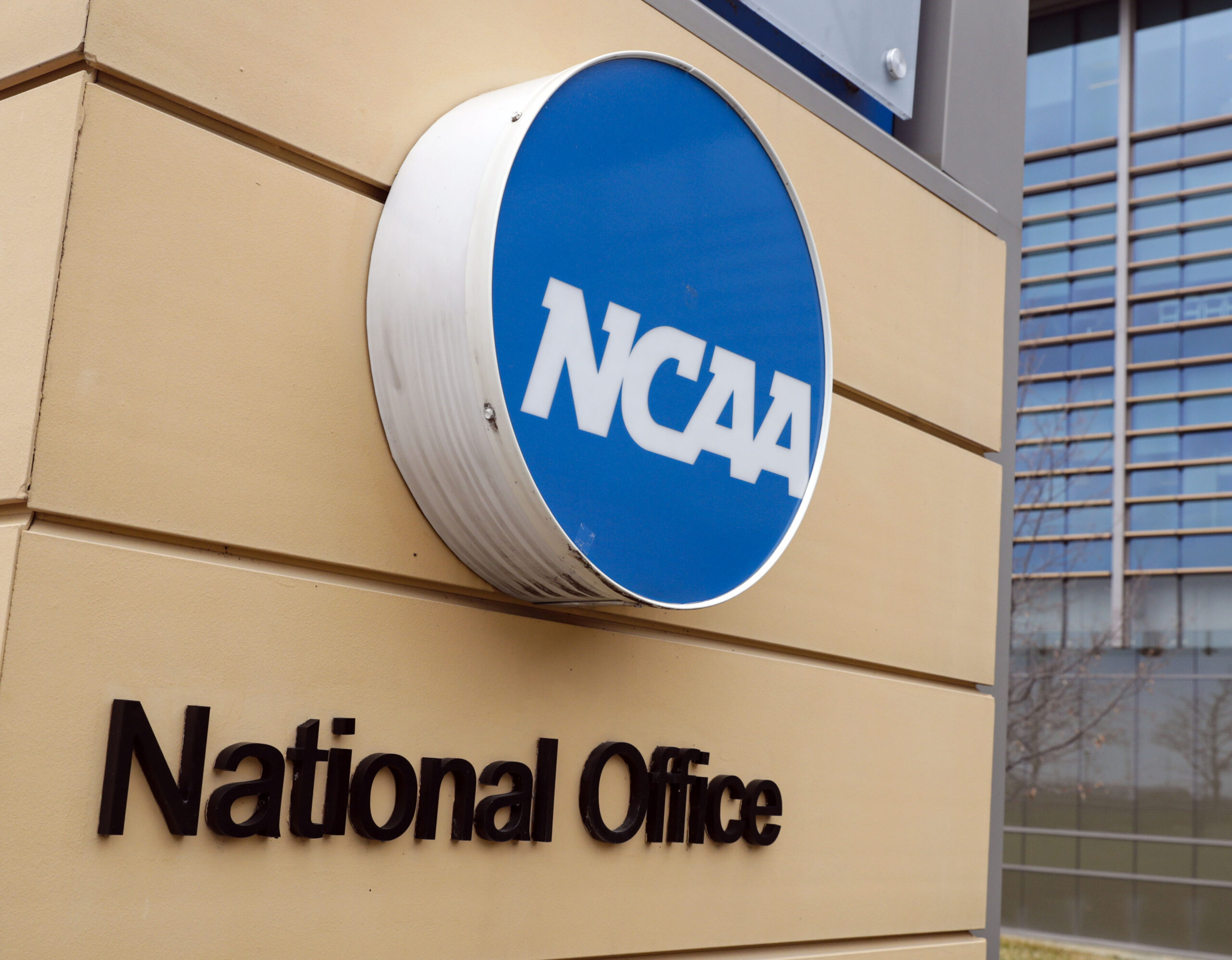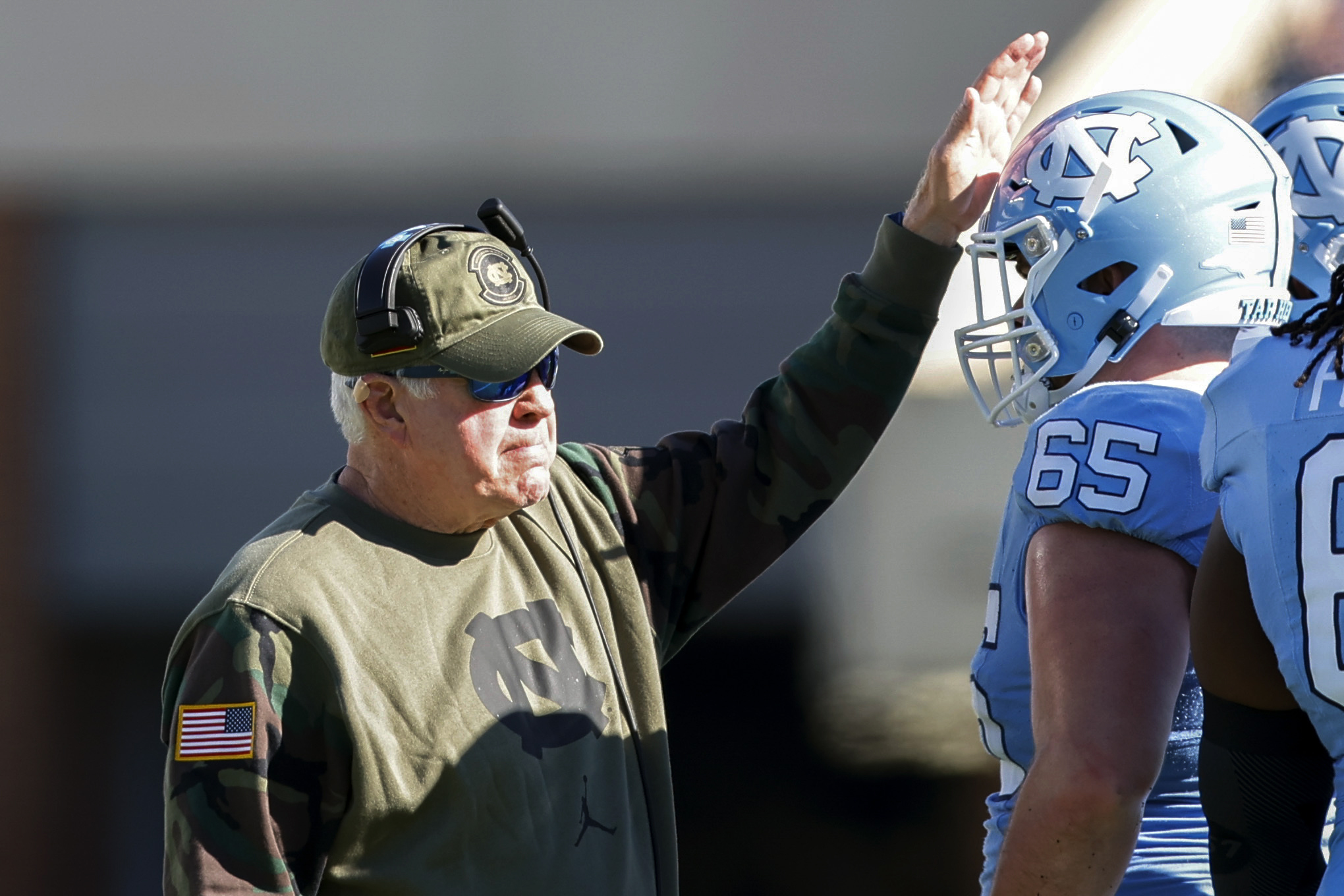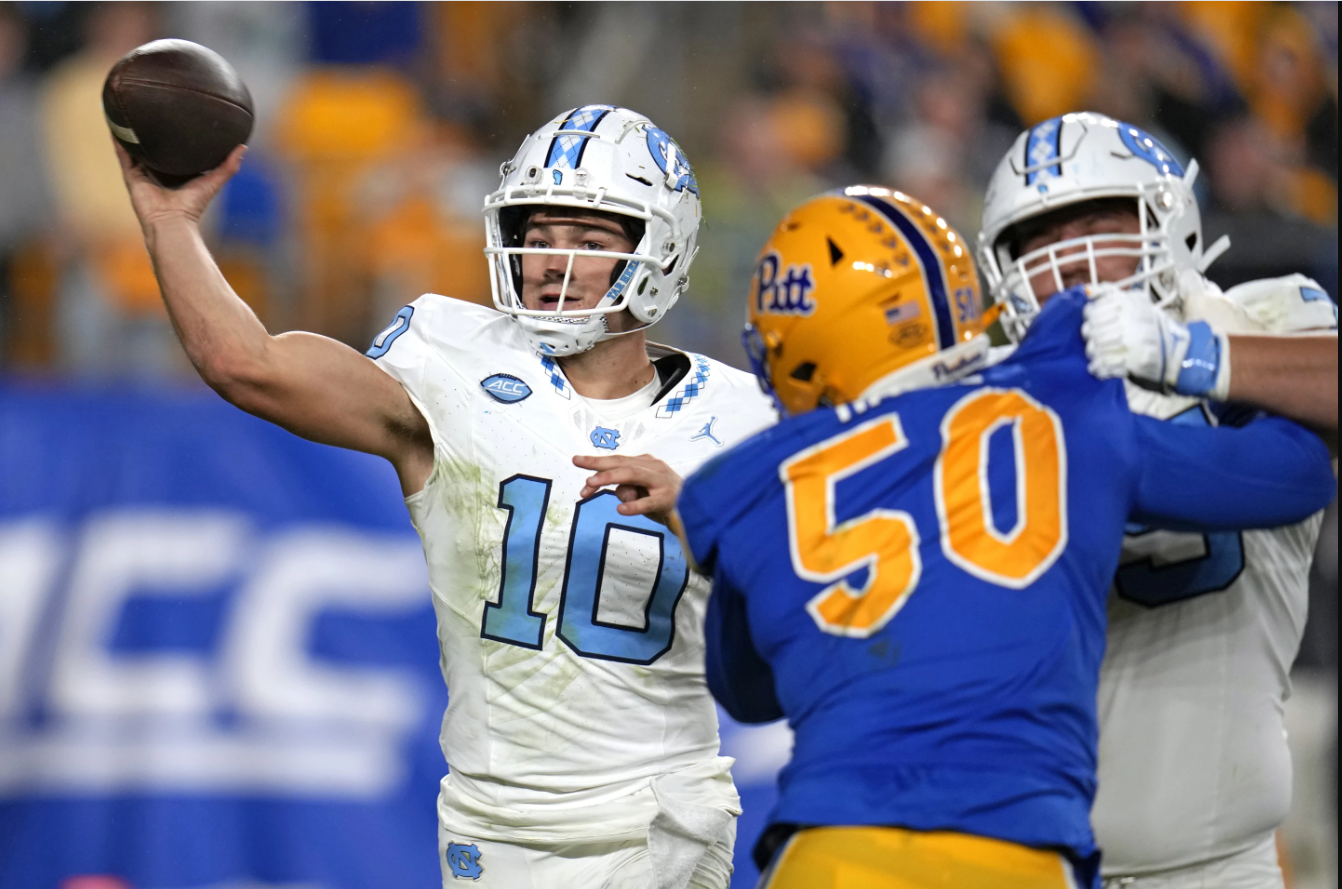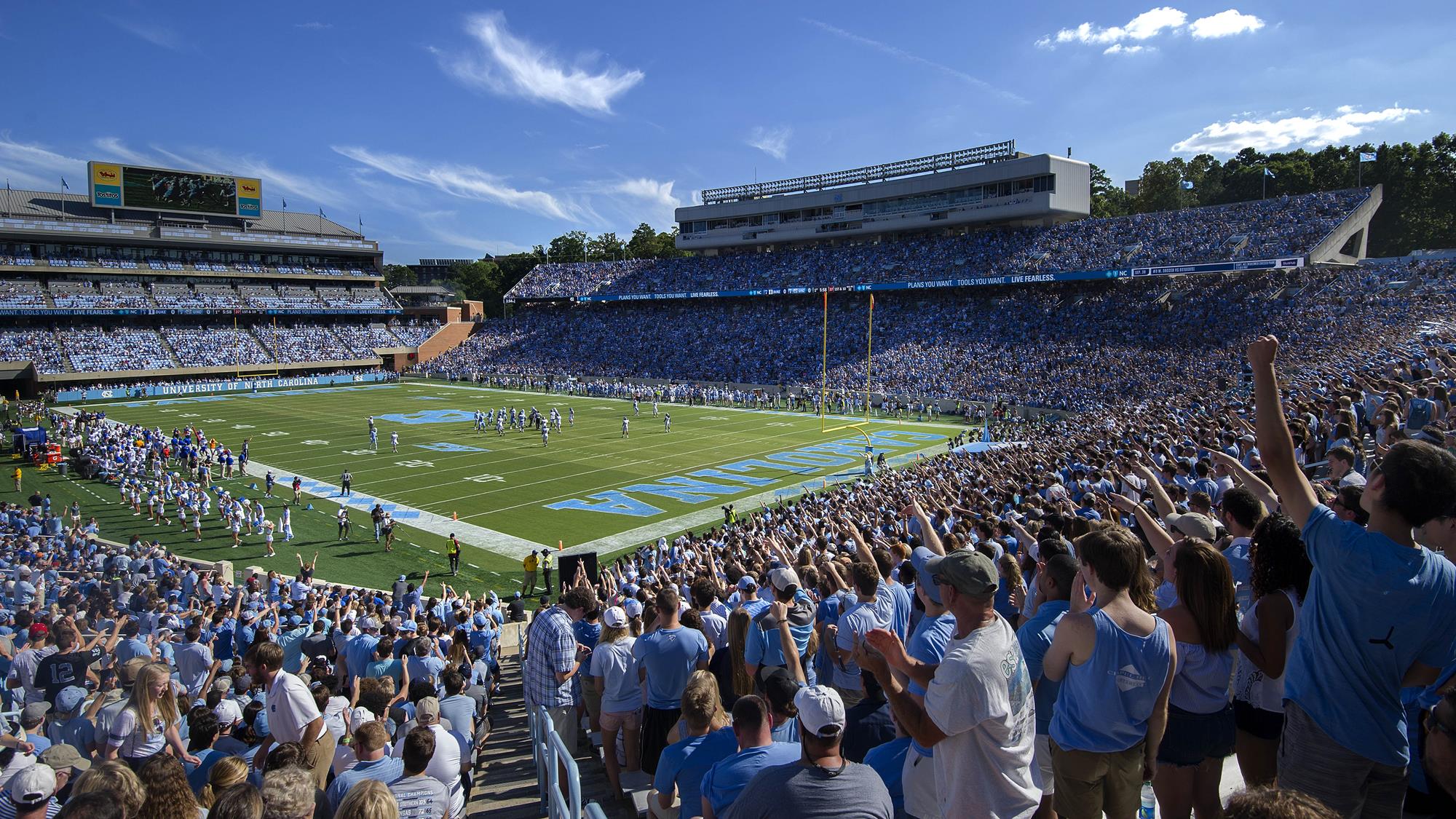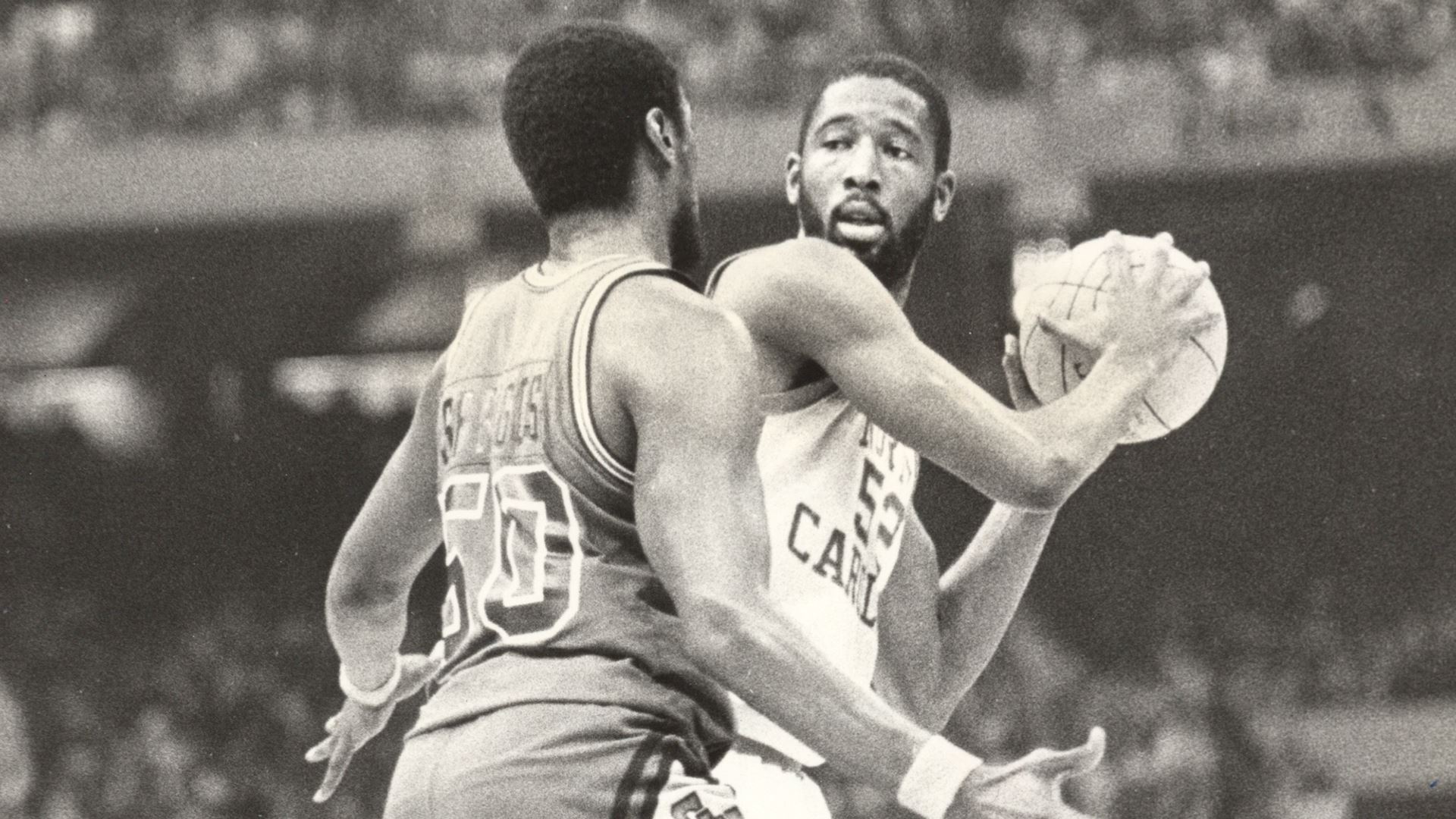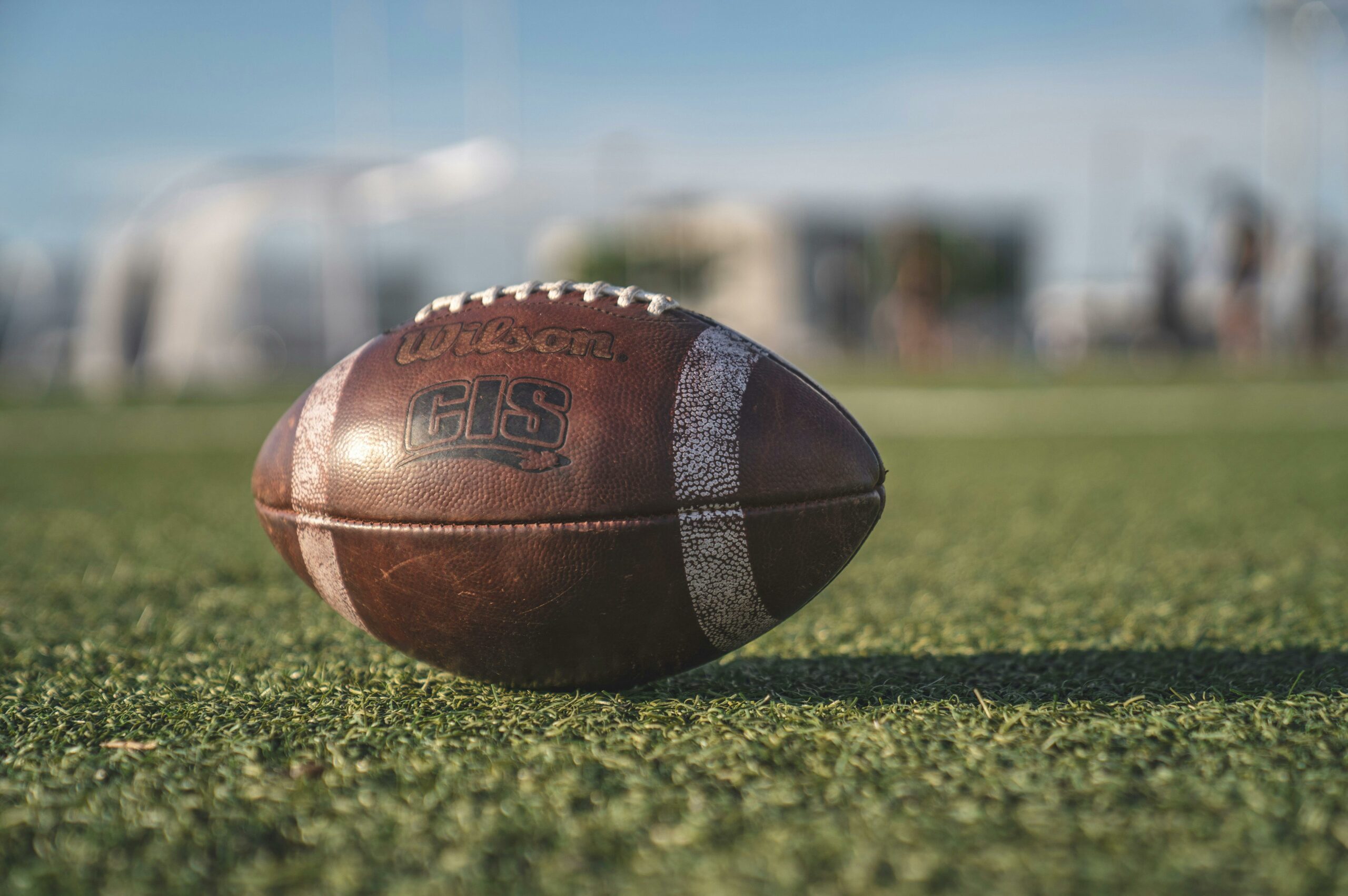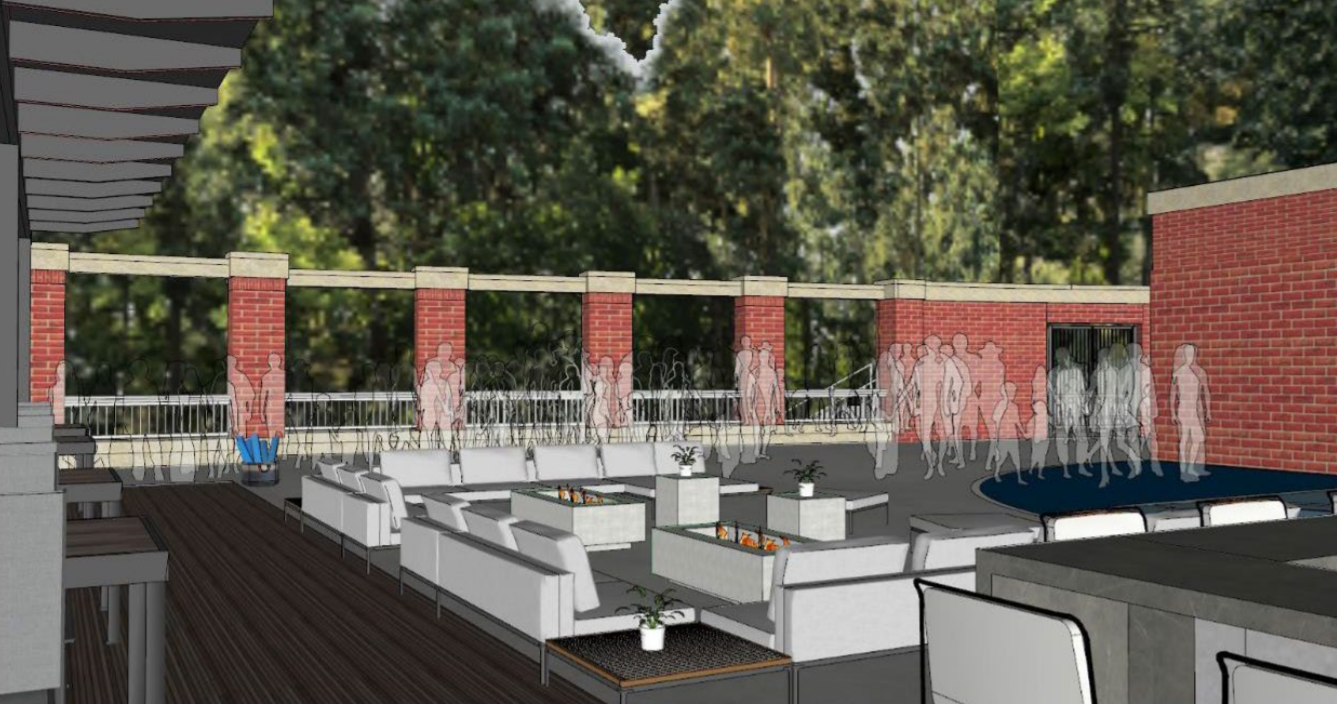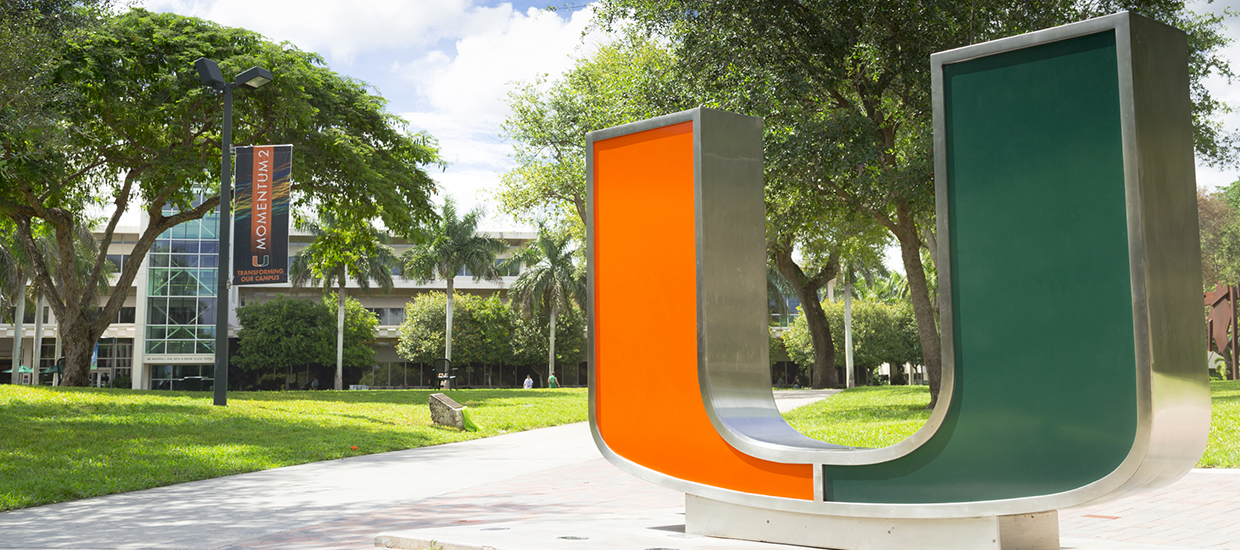
Three members of the NCAA enforcement staff visited the University of Miami last week, in what is believed to be the organization’s first inquiry into whether some of the name-image-likeness agreements between college athletes and various third parties are being done in violation of NCAA rules.
For several reasons, the Miami case is a good litmus test for the NCAA’s almost one-year-old NIL framework, which defers to the various laws of individual states and the various policies of individual conferences and schools on most details but does prohibit NIL deals that are regarded as recruiting inducements. For example, any NIL agreement that is contingent on signing with, enrolling in, transferring to, or remaining at any specific institution clearly violates various NCAA rules and NIL policies.
The Hurricanes likely caught the eye of the NCAA at least in part because of the size and scope of their athletes’ NIL contracts. A single South Florida-based businessman owns companies that collectively have signed 115 college athletes to NIL deals worth a total of about $8 million per year, and all but a handful of those athletes play for the Hurricanes.
In one high-profile example, basketball star Nijel Pack, a first-team All-Big 12 selection last year, announced his transfer from Kansas State to Miami in late April. On the same day, it became public that he had signed a two-year, $800,000 NIL deal — not with the Hurricanes, mind you, that definitely would be a clear, direct, major violation of NCAA rules — but with the previously mentioned South Florida-based companies, including a tech company and a speed-boat racing organization.
Thickening the plot, those companies happen to be owned by a multi-billionaire named John Ruiz. Unlike the many cases in which it may not be clear if an individual or a company should be considered an athletics booster in the eyes of the NCAA, Ruiz is a proud Miami graduate, his three children also are alums (his sons played baseball for the Canes, and his daughter was on the dance team), and he’s been a major contributor to UM for decades.
Ruiz said he personally met with the NCAA enforcement representatives for more than an hour, that the exchanges were “super courteous,” and that he has happily provided copies of his companies’ NIL contracts to the Miami athletics compliance office. Assumedly, those contracts don’t specify that the money is contingent on any specific connection to the Hurricanes.
What happens next is anybody’s guess, but the rest of the college sports world is watching. If Miami’s way isn’t challenged by the NCAA, it certainly will become a blueprint for everyone else.
Featured image via The University of Miami
Chapelboro.com does not charge subscription fees, and you can directly support our efforts in local journalism here. Want more of what you see on Chapelboro? Let us bring free local news and community information to you by signing up for our biweekly newsletter.
Podcast: Play in new window | Download
Subscribe: RSS

